
- This event has passed.
Weekly Webinars – Broaching Race and Racism in Debriefing and Team Simulations (Part 1)
August 5, 2020 @ 6:00 PM - 7:00 PM
(All events are displayed in US Eastern Time — Boston)Event Navigation
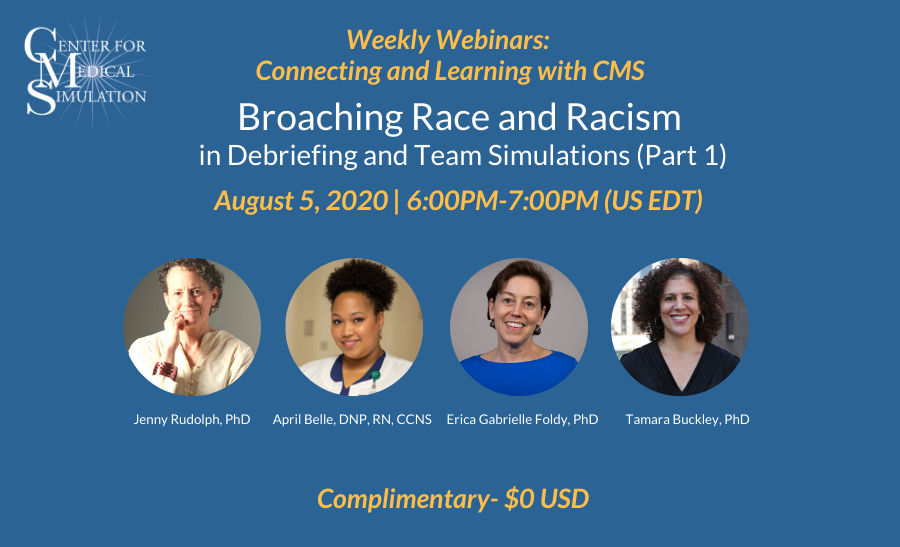
Recording
About this session
Most of us in the simulation community have a lot to learn about making a difference regarding racism, how to integrate anti-racism, implicit bias, healthcare disparities and the like, into our work. In the wake of the police killings of George Floyd, Breanna Taylor, and many others, the simulation community needs to take action.
What can we do?
We are experts on practice, learning, and creating environments where real patients are not harmed if we make mistakes. However, the social risks of simulation for the participants are high when we try to tackle one of the ultimate undiscussables, racism.
Colleagues of color may worry that if they bring race up, responses will be predictably or surprisingly upsetting and re-traumatizing. White colleagues may worry that if they bring up race they will say something racist or be perceived as racist and thereby harm relationships.
This webinar takes some small steps to explore how simulationists can use our skills of reflection, learning design, and balancing high standards and high regard for each other to craft a way forward. High standards for caring and respect across racial differences and high regard and generous inferences when we inevitably make mistakes in this difficult terrain.
Join us as we discuss practical applications with leading researchers on broaching racism in teamwork contexts and meet simulationists addressing these issues.
Learning Objectives
- Discuss how to create and sustain a “brave spaces” for dialogue when the simulation or debriefing includes objectives regarding race or racism
- Recall some “opening-lines” for conversations about race and what to do when the conversation goes wrong.
Pre-webinar Preparation
Please read:
- Foldy, Erica & Rivard, Peter & Buckley, Tamara. (2009). Power, Safety, and Learning in Racially Diverse Groups. Academy of Management Learning & Education. 8(1):25-41. doi: 10.5465/AMLE.2009.37012177.
- Cohan D. (2019). Racist Like Me — A Call to Self-Reflection and Action for White Physicians. N Engl J Med 380(9):805-807. doi:10.1056/NEJMp1814269
Please watch:
Equipment Requirements
The webinar is delivered via Zoom, a web conferencing platform. All materials and course interactions will occur online. In order to participate fully, each person must have:
-
-
- Their own computer, tablet, or mobile phone
- Reliable high-speed internet access (minimum 3 Mbps upload/download speed)
-
Recording
We are aware that internet connection speed and bandwidth is not consistent globally and thus can cause intermittent interruption of audio and/or video from the webinar. We do everything we can to minimize problems with streaming data; however, please be forewarned that poor connections may result in slow or choppy audio and video. We will make the entire webinar recording available after it concludes in the Resources section of our website, including sharing any links referenced during the webinar.
Host

Jenny Rudolph, PhD
Executive Director
Center for Medical Simulation
Boston, Massachusetts, USA
Dr. Rudolph is an organization behavior scholar who has helped health educators world-wide promote dynamic, honest, but non-threatening conversations through the “debriefing with good judgment” approach to reflective conversations. Dr. Rudolph is a life-long athlete who brings the joy of practice to learning in healthcare education, especially feedback, debriefing, and collaboration at point of care.
Moderator
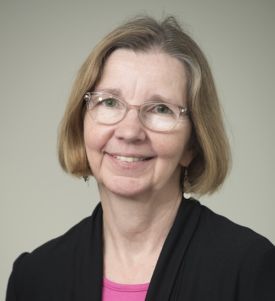
Ann Mullen, RN, MSN, CHSE
Program Manager
Center for Medical Simulation, Boston, Massachusetts
President
Foundation for Healthcare Simulation Safety
Ann has over 30 years of experience in critical care nursing and staff education. Prior to joining CMS, Ann was the Program Manager of the Shipley Medical Simulation Center at Newton-Wellesley Hospital where she was responsible for program planning, faculty training and ongoing faculty development. Her interests include faculty development, debriefing and simulation safety.
Presenters
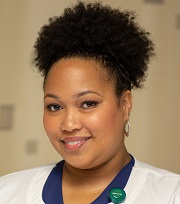
April Belle, DNP, RN, CCNS
Simulation Coordinator, Senior Director of In Situ Simulation
UAB Clinical Simulation
The University of Alabama at Birmingham
Birmingham, Alabama, USA
April Belle is a Simulation Coordinator, Senior and The Director of In Situ Simulation for the Office of Interprofessional Simulation for Innovative Clinical Practice at UAB in Birmingham, Alabama. She is one of the simulation coordinators that services all hospital and clinic departments in the UAB Health System. She has been a Registered Nurse since 2004 and has experience in critical care, cardiac intensive care and on UAB’s Medical Emergency Team (MET). April graduated from The University of Alabama at Tuscaloosa Capstone College of Nursing in 2004. After completing her Masters in Nursing as an Adult Acute/Critical Care Clinical Nurse Specialist and her Teaching Certificate in Nursing, April entered the world of simulation. She is a TeamSTEPPS® Master Trainer and has completed the Center for Medical Simulation’s Simulation Instructor Course and Advanced Instructor Course. She recently completed the Doctor of Nursing Practice program at the UAB School of Nursing.
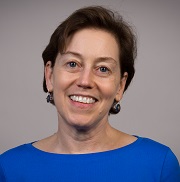
Erica Gabrielle Foldy, PhD
Associate Professor of Public and Nonprofit Management
Director, MPA — Public and Nonprofit Management and Policy Program
Wagner School of Public Service
New York University
New York, New York, USA
Professor Foldy is an Associate Professor of Public and Nonprofit Management at the Wagner Graduate School of Public Service at New York University. Erica’s research addresses the question: What enables and inhibits collaboration and learning across potential divisions? She explores a variety of factors including identities, frames, learning behaviors, power dynamics, and leadership. She is co-author of the book The Color Bind: Talking (and not Talking) about Race at Work and co-editor of the Reader in Gender and Organizations and has more than forty papers in a variety of outlets, including management, public administration, psychology and medical journals.
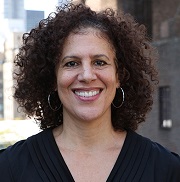
Tamara Buckley, PhD
Psychologist, Associate Professor & Coordinator, School Counseling
Hunter College, City University of New York
New York, New York, USA
Dr. Tamara Buckley is an author, educator and researcher focused on race and social justice. She seeks to build knowledge about how social identities and oppressive structures interact to produce disparities in health, education and workplace. Her more recent work explores approaches to facilitate dialogue across dimensions of difference such as race that are often rendered invisible by colorblind ideologies. In her book with Erica Gabrielle Foldy, Color Bind: Talking and not Talking about Race at Work, she makes a case that the age old “color blind” approach to race can actually reinforce existing racial hierarchies. The book offers a different strategy, “color cognizance”—the practice of recognizing the profound impact of race and ethnicity on any experience— and how it can help us move beyond uncomfortable silences.
Learn more about Weekly Webinars: Connecting and Learning with CMS